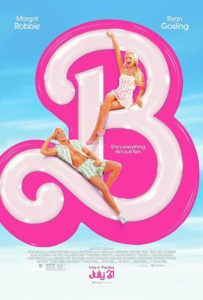 Far, far later than intended, I finally saw Barbie. It’s always really annoying to see a cultural touchstone movie months after everyone else, because it means it was impossible for me to form my opinion in a vacuum as I prefer. Obviously it touched some nerves and was important, but it bugs me that now my review has to at least in part be about that, instead of solely about what I thought of the movie independently.
Far, far later than intended, I finally saw Barbie. It’s always really annoying to see a cultural touchstone movie months after everyone else, because it means it was impossible for me to form my opinion in a vacuum as I prefer. Obviously it touched some nerves and was important, but it bugs me that now my review has to at least in part be about that, instead of solely about what I thought of the movie independently.
Oh well.
So it’s like this. A bunch of people named Barbie, a smaller but still significant number of people named Ken, a few people named Skipper, and one or two other folks all live in Barbieland, where Barbie is capable of doing anything and certainly does. But when generic Margot Robbie Barbie[1] starts to have weird feelings about death, she learns that the only way to keep her perfect life is to travel to The Real World[2] and meet up with the girl who owns her-as-a-doll to get that girl back into a good headspace. But when Ken[3] decides to tag along, the movie veers in wildly unpredictable directions, and soon the fates of both Barbieland and the real world are at stake.
Alright, I guess everything past here (and the footnotes I will leave above the break) are spoilers. Because you simply cannot talk about this movie without spoiling it. There would be no point.
[1] ie not an astronaut not a president not a McDonald’s employee, just Barbie
[2] There’s a map and everything. I remember people making a stink about the way the brief blip of a kid’s map of the earth was drawn because it betrayed some kind of woke agenda, and I just… I suppose I was going to have to deal with months of baggage about this movie in my review if I had watched it on opening day, wasn’t I?
[3] who the movie helpfully tells us in the first five minutes lives only for the brief moments when Barbie’s gaze falls upon him

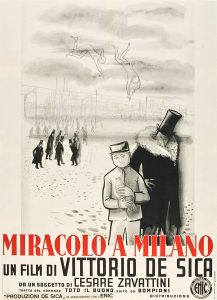
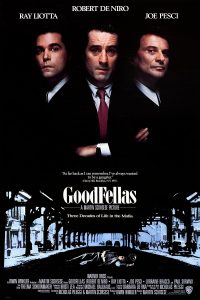

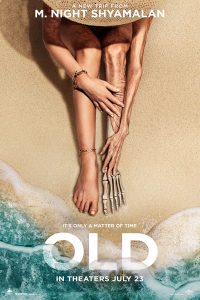
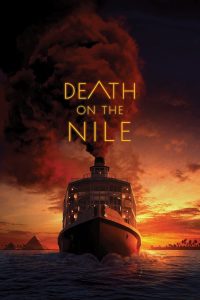
 I rewatched the Matrix trilogy last month, on 4k Blu-ray no less (but apparently without a subwoofer, which hurts my soul in retrospect), so that I would be prepared to say whether or not
I rewatched the Matrix trilogy last month, on 4k Blu-ray no less (but apparently without a subwoofer, which hurts my soul in retrospect), so that I would be prepared to say whether or not  Back when streaming wasn’t a thing,
Back when streaming wasn’t a thing, 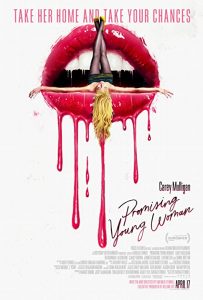 Every movie I watched in early 2020, according to a memory that is at worst only slightly flawed in this regard, had a preview for
Every movie I watched in early 2020, according to a memory that is at worst only slightly flawed in this regard, had a preview for